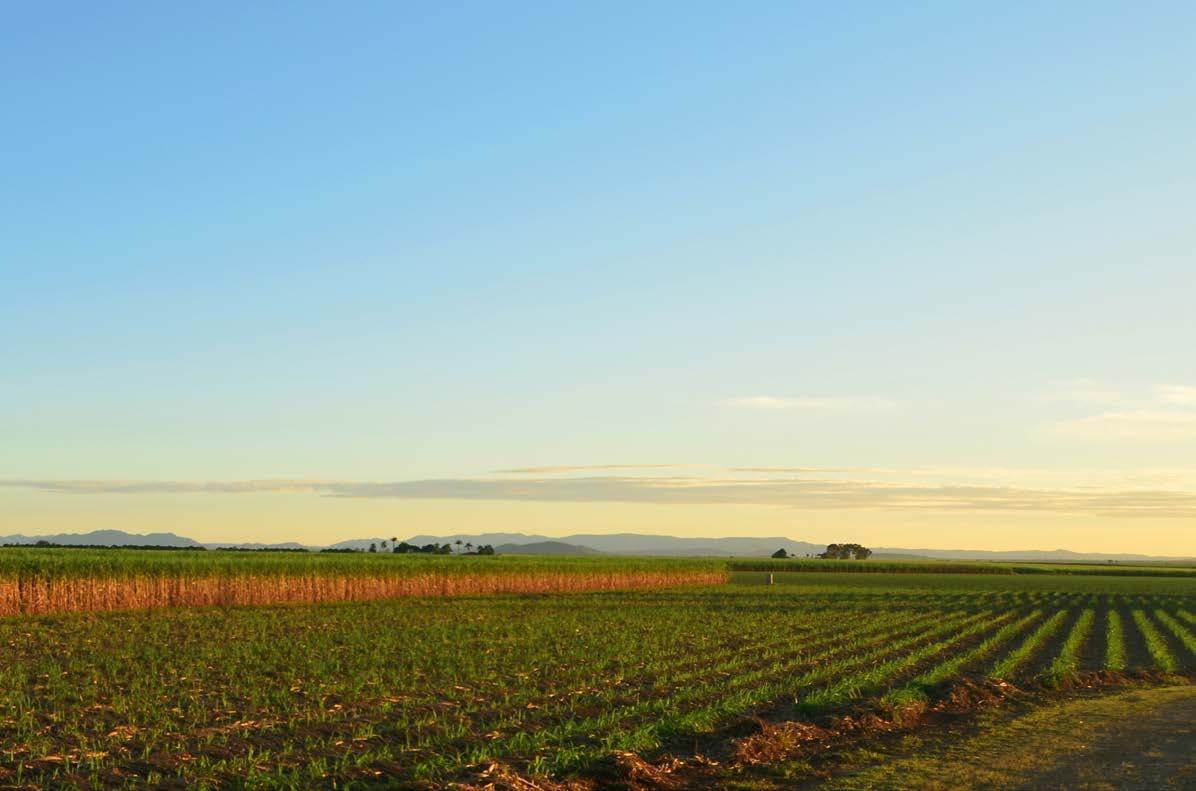
4 minute read
Legal update
By Chris Cooper, CANEGROWERS Legal Advisor
Advertisement
WHAT IS COLLECTIVE BARGAINING Collective bargaining arises where a group of similar businesses with common objectives and requirements negotiate together. The ‘strength in numbers’ of businesses working together increases the likelihood of negotiating better terms and conditions with the large processors and manufacturers that they deal with.
There are also benefits for the large processors and manufacturers dealing with only one united group. Negotiation costs are usually reduced and efficiency in finalising agreements increased. OTHER INDUSTRY EXAMPLES Collective bargaining is common in primary industries. Examples include diary, chicken growing and oyster farming. Other industries, such as hotels, retailers of plumbing and hardware equipment, and newsagents also engage in collective bargaining. ACCC APPROVAL As a general rule, collective bargaining is not permitted unless it is authorised by the Australian Competition and Consumer Commission (ACCC). All of the above examples of collective bargaining have been approved by the ACCC.
The mighty sugar industry has enjoyed probably the most efficient and effective collective bargaining arrangements of any industry. For nearly 100 years, until government deregulation in 2006, CANEGROWERS was effectively authorised by statute to collectively bargain on behalf of growers with mill owners.
If collective negotiations came to a deadlock, then a dispute resolution system was available to resolve the dispute with the outcome binding on all growers and the mill owner.
The Sugar Industry Act passed in 1999 specifically provided for exemptions from ACCC approval for collective bargaining of cane supply agreements.
CANEGROWERS ACCC AUTHORISATION These exemptions continue in the current Act, but some mill owners have expressed a view that the exemptions for collective bargaining on behalf of growers did not extend to negotiating things like by-products, such a molasses, and onsupply agreements related to sugar marketing issues.
Indeed, some mill owners refused to negotiate with growers collectively about those issues.
CANEGROWERS responded to this restrictive mill approach by successfully applying for ACCC approval for collective bargaining.
The approval covers CANEGROWERS members and future members and relates to cane supply agreements and related agreements associated with the supply of cane to mills.
WHAT IS IT AND IS IT GOOD FOR GROWERS?

The approval specifically covers by-products and any related products from cane.
The ACCC stated in its authorisation decision:
137. Given the perishability of cane, which needs to be crushed soon after harvest 120 and transport costs, the supply and acquisition of sugar cane occurs in localised areas around a mill. The majority of growers only have one option to supply cane to their local mill. There is generally only limited competition between growers in neighbouring cane growing districts, as well as between neighbouring mills when acquiring sugar cane from growers.
138. Regarding the supply and acquisition of sugar cane, the ACCC also notes that cane growers tend to be small businesses while mill owners are typically large often multinational companies.
There is no doubt the ability to collectively bargain helps level the playing field in negotiations with mill owners.
There is also no doubt that the Queensland Parliament's grower marketing choice amendments and the Commonwealth's Sugar Code of Conduct have helped to address an imbalance in bargaining power between growers and millers.
The ability to refer disputes about cane supply agreement terms to arbitration, as occurred in the Tully area this year, is an important tool in protecting and advancing growers’ rights and interests regarding supply of their sugarcane.
The benefits of collective bargaining, however, are at risk of erosion if there are several groups attempting to bargain with the same mill owner. CANEGROWERS has been collectively bargaining for growers for more than 100 years and continues to do so for the vast majority of growers.
The more united growers are, the greater the strength and impact of collective bargaining.
Many mills have changed ownership and industry policies and strategies for mills are now driven more by overseas considerations than the local Australian industry.
Growers have met industry challenges in the past and managed to maintain the industry at the forefront of world sugar industry technology, efficiency and innovation.
Growers have access to sophisticated marketing arrangements and marketing control of their own grower economic interest sugar, to the envy of overseas sugarcane producers.
Fair and reasonable cane supply agreements remain the cornerstone of grower profitability.
Collective bargaining through a strong and well-resourced grower representative body, acting as bargaining representative for as many growers and tonnes as possible, is the best option to protect and advance grower interests.
FURTHER INFORMATION Any CANEGROWERS member wishing to discuss any aspect of legal matters should contact their local CANEGROWERS district office or call me on Free Call 1800 177 159, for free initial legal advice.








